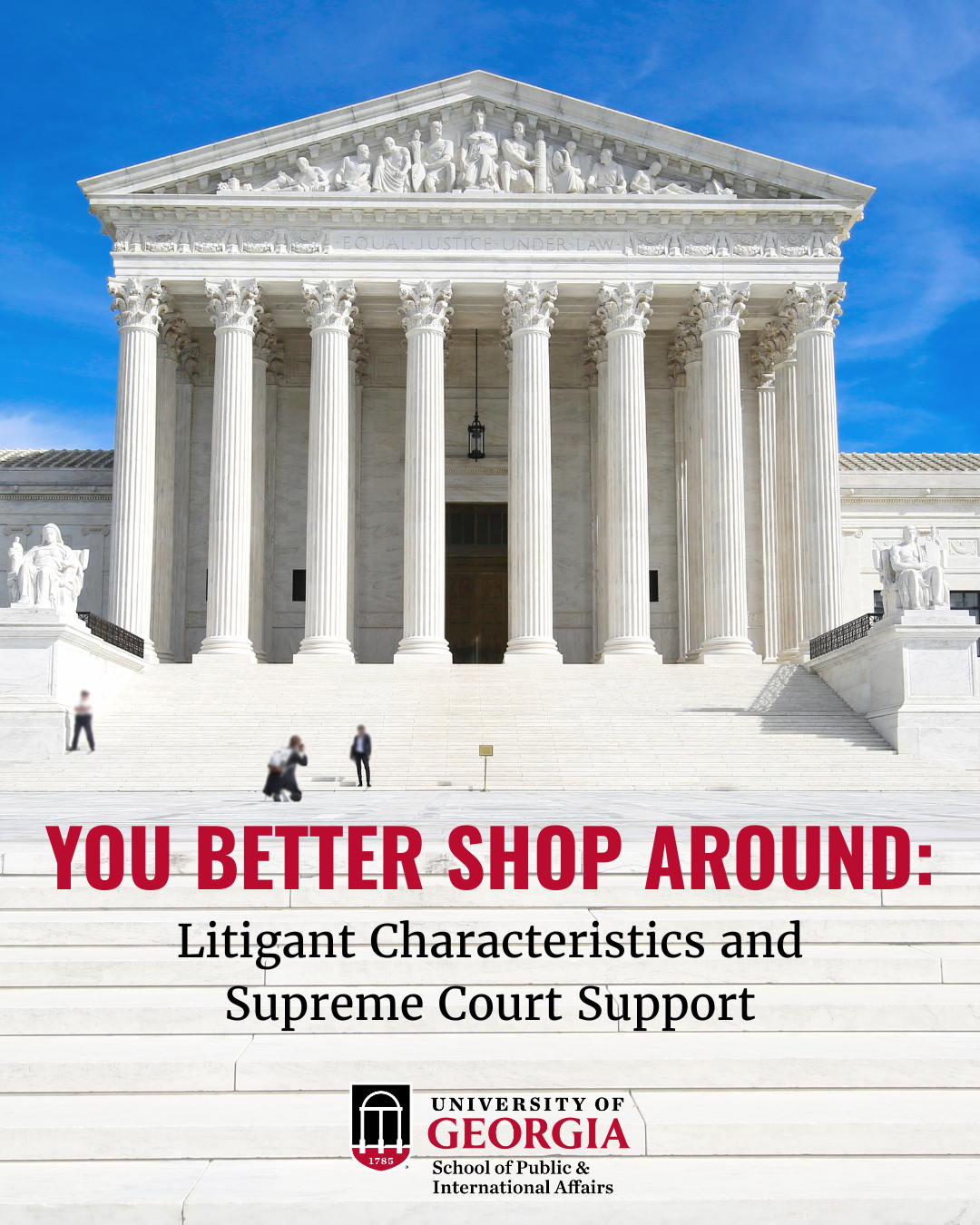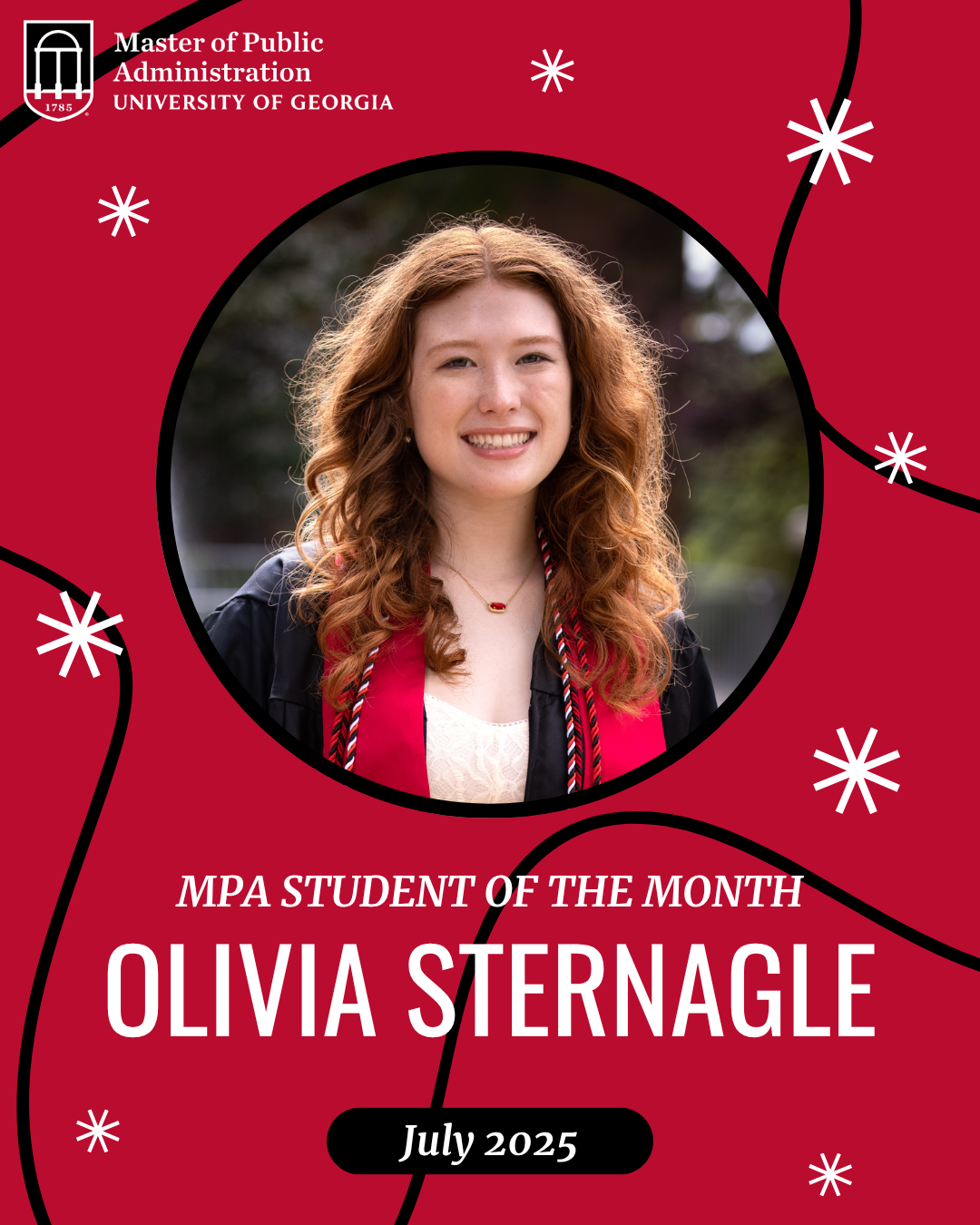
SPIA researcher and Josiah Meigs Distinguished Teaching Professor Markus M.L. Crepaz recently published “Of Paradigms Won and Lost: The Neo-Corporatist World According to Howard J. Wiarda,” which analyzes the research contributions of the Founding Head of the Department of International Affairs at UGA, Howard Wiarda.
Dr. Crepaz was asked by Polity, a University of Chicago Press journal, to write an article as part of a symposium about Wiarda’s impact. “He was a very influential academic, there’s no question about it.” Crepaz’s article focuses specifically on Wiarda’s impact on the study of what is called neo-corporatism, which explores the relationships between labor, employer’s organizations, and the state in modern, industrialized democracies.
Wiarda conducted research by traveling to countries, interviewing a range of people such as politicians, journalists, taxi drivers and anybody else who was willing to answer his questions, and thus, attained a keen sense of the time and place of his research subjects. As Crepaz states, “Wiarda was a researcher of the old school. However, his political culture perspective became eclipsed by a new approach that applied a more individualistic reasoning to the study of modern, industrialized democracies by the turn of the millennium.” As a result, Wiarda’s inductive, qualitative approach to conducting social science with a strong emphasis on political culture research fell out of fashion and was replaced with a more deductive approach which relied much less on the rich tapestry of political culture and focused instead on a more parsimonious understanding of human behavior.
Crepaz’s article speaks to the changes in the field of comparative political economy and how that affected Wiarda’s work. However, it also discusses the more recent turn back to identity politics and illustrates that in a way, political culture actually still matters. Crepaz notes, “If we are worrying more about which bathroom people can use, as opposed to what it takes for people to earn a living wage, then political culture is back on the map.”
Crepaz sees the more recent turns toward identity politics as “an expression of a renaissance of political culture.” In that sense, Crepaz argues, Wiarda was right all along.









